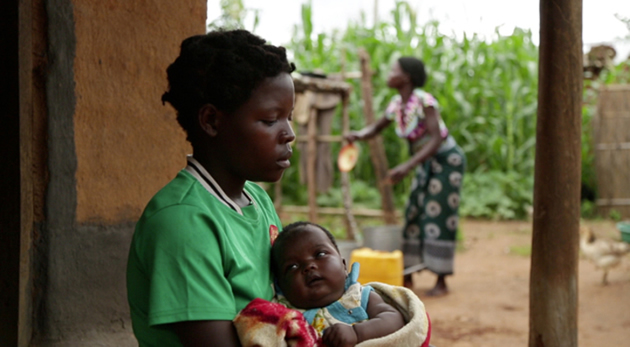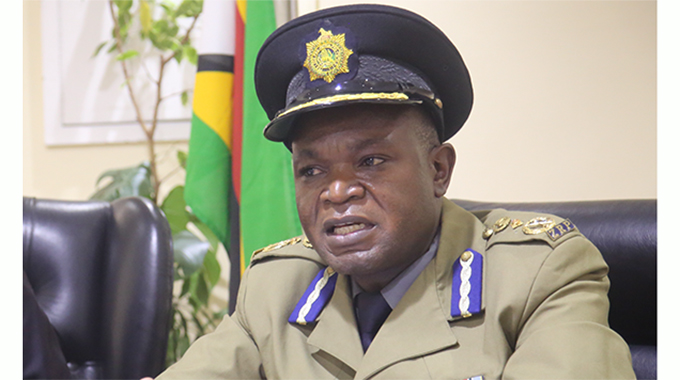Child marriages: Concourt scoops global award

Daniel Nemukuyu Senior Court Reporter
The landmark judgement that outlawed child marriages in Zimbabwe has earned the Constitutional Court an international award.
Acting Chief Justice Luke Malaba, sitting with eight other judges of the Constitutional Court last year, declared unconstitutional any unions involving children below 18 years.
The judgment in the famous case of “Mudzuru and Tsopodzi vs the Minister of Justice, Legal and Parliamentary Affairs and Others” was described by many as a judicial milestone.
It was celebrated worldwide and the Acting Chief Justice has travelled to Rwanda to receive the award on behalf of the apex court.
Women’s Link Worldwide, a Rwanda-based organisation, sponsored the award in recognition of the apex court’s landmark judgment.
Acting Chief Justice Malaba will receive the award during a five-day Colloquium on Women and Girls Rights to Good Health that is underway in Rwanda.
The Judicial Service Commission has issued a statement announcing the good news.
“The Acting Chief Justice is attending a Colloquium on Women and Girls Rights to Good Health, hosted by a Rwandese organisation called Women’s Link Worldwide,” said the JSC.
“While in Rwanda, the Acting Chief Justice will receive on behalf of the Constitutional Court, an award celebrating the Constitutional Court judgment in Mudzuru and Tsopodzi vs the Minister of Justice, Legal and Parliamentary Affairs and Others, Case number CCZ 12/15, which outlawed child marriages.”
After the colloquium, the Acting Chief Justice will proceed to Sudan for a conference for African Chief Justices.
“From 2 to 4 April 2017, the Acting Chief Justice shall be in Khartoum, Sudan, to attend the Chief Justices of Africa conference,” reads the state- ment.
In the landmark judgment, the Acting Chief Justice ruled that no child in Zimbabwe should marry before attaining 18 years.
He ruled that the supreme law of the country sets 18 years as the age of majority, hence no child should marry before that age.
He made the ruling in a matter in which two women – Ms Loveness Mudzuru and Ms Ruvimbo Tsopodzi – were challenging a section of the Marriages Act that allows children under 18 to marry.
Constitutional lawyer Mr Tendai Biti successfully argued the matter and convinced the court to strike down Section 22 of the Marriages Act (Chapter 5:11) which allowed child marriages.
The landmark judgment was delivered at a time African countries were in a quandary on how to stop child mar- riages.
Several workshops and conferences have been convened throughout the continent by organisations like SADC Parliamentary Forum to try and find solutions on how to save children from abusive and unconstitutional child mar- riages.
Some children have been victims of their parents’ religious beliefs that allow marriages at tender ages.
Others were even handed over to elder men as a form of traditional appeasement in cases such as murder or simply given away by poor families for financial or material benefits.










Comments